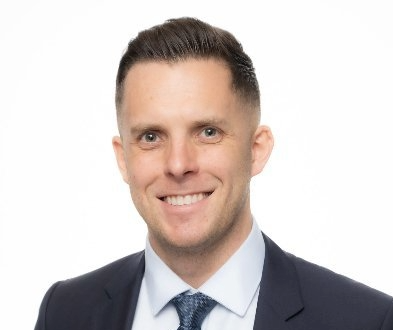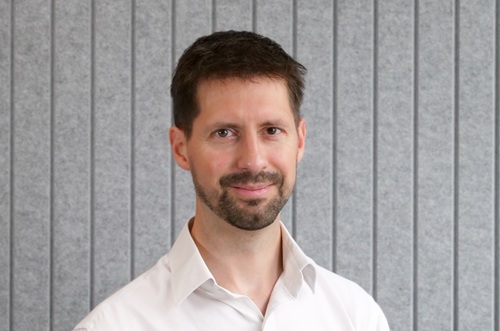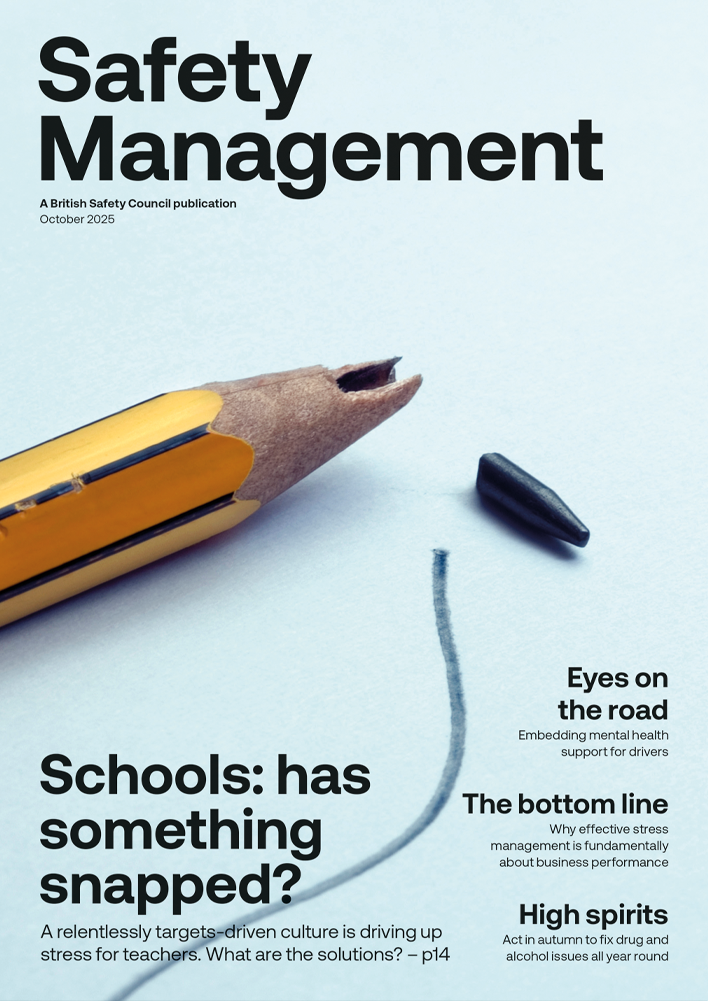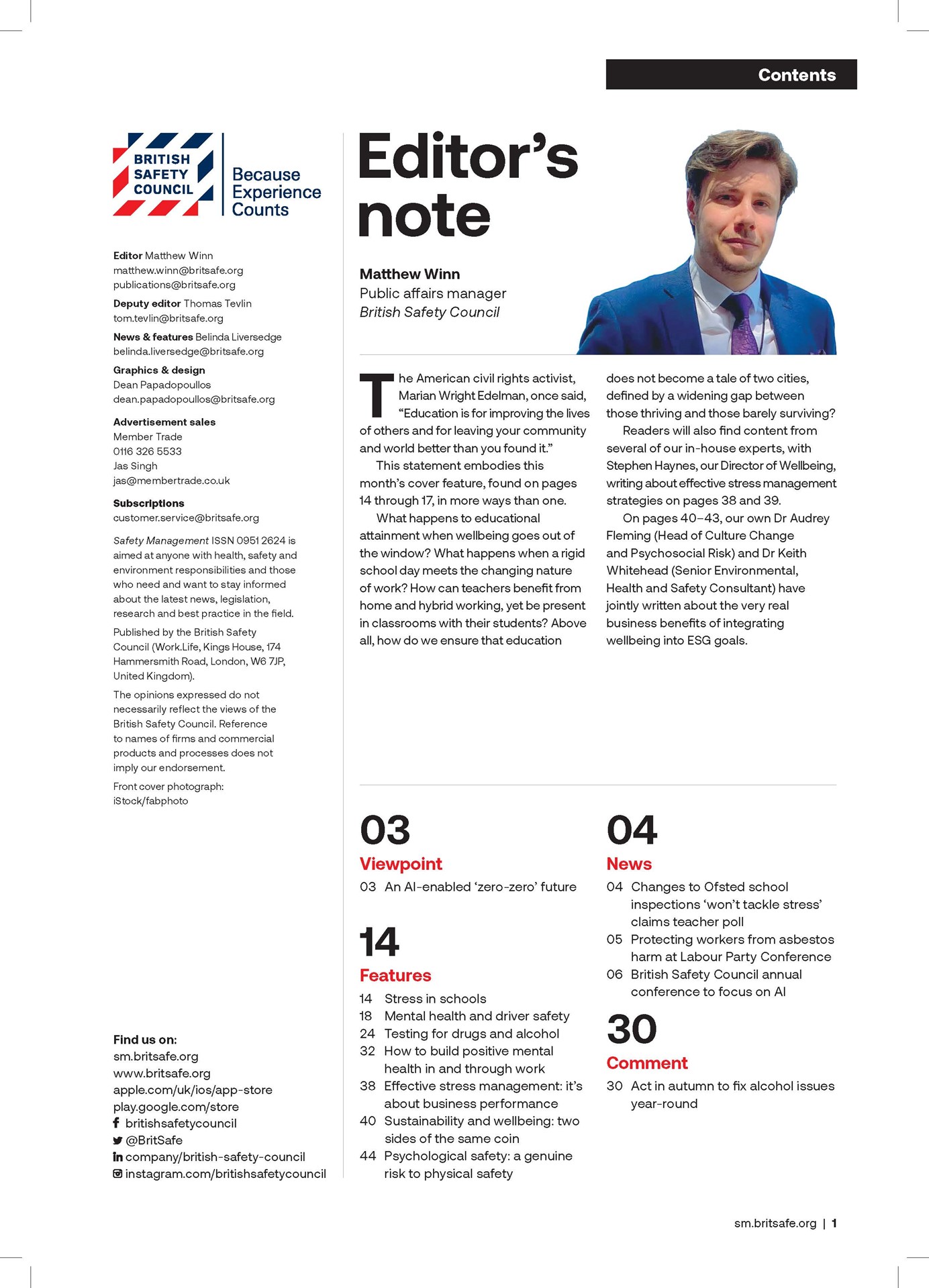The new UK Government faces major hurdles on a number of fronts – not least the £22 billion ‘black hole’, which leaves little headroom for the Chancellor in her forthcoming Budget.
Opinion
Can Grenfell’s legacy be 1.5 million safe new homes?
Indeed, a number of major roadblocks stand in the way of Keir Starmer delivering on any one of the five ‘missions’ he set for his Government, and indeed its ‘first steps’.
Consider just one of these; to build 1.5 million new homes during the course of this Parliament. Delivering this means building 50 per cent more homes than the last Government did over the same period.
This represents a huge opportunity, not just to house a growing population, but also to give younger people more affordable rents and get on the housing ladder. It should also create more jobs and boost the wider economy. But to get there, many barriers must be overcome, not least upgrading our infrastructure, including electricity, transport and flood defences.
 British Safety Council chief executive Mike Robinson: "Seven years ago, 72 people died in the terrible fire that ripped through Grenfell, including 18 children. We must ensure that such a fire – where we now know all the deaths were avoidable – never happens again." Photograph: iStock
British Safety Council chief executive Mike Robinson: "Seven years ago, 72 people died in the terrible fire that ripped through Grenfell, including 18 children. We must ensure that such a fire – where we now know all the deaths were avoidable – never happens again." Photograph: iStock
Last month’s final report by the Grenfell Tower Inquiry also laid bare the scale of the challenge we face to make sure all 1.5 million new homes the Government wants to see are truly safe for the people who will live in them.
Seven years ago, 72 people died in the terrible fire that ripped through Grenfell, including 18 children. We must ensure that such a fire – where we now know all the deaths were avoidable – never happens again. But we know that there is much more to be done to make that a reality.
For instance, work has started on just half of the 4,630 blocks identified as having unsafe cladding and has been completed on less than a third. This leaves 172,000 homes with dangerous cladding, where people go to bed each night with that risk playing on their minds.
Even the Government’s own figures show 1,565 buildings have what they deem to be “life-critical fire safety risks” and it will cost an estimated £3.2 billion to make them safe.
A fair chunk of the 1.5 million new homes will be social housing, and there is much more to be done to ensure that residents are genuinely listened to and that their concerns are acted on.
One of the striking things about the Inquiry’s report was the sheer number of people involved in the Grenfell tragedy. This means that all of them – from Government to local authorities, and the construction industry to fire brigades – will be vital to preventing a similar fire in the future.
 Mike Robinson FCA is chief executive of British Safety Council.
Mike Robinson FCA is chief executive of British Safety Council.
A considerable amount of foot-dragging, buck-passing and accountability-shirking has gone on since Grenfell – which is why the past seven years have been so frustrating, especially for any residents in high-rise blocks still living with the legacy.
We should, however, recognise the progress that has been made, especially on the new building safety regime, with a new regulator, new legislation and new controls on developers.
The Inquiry wants the Government to go even further and calls for a wider construction industry regulator. It remains to be seen whether this will be taken up. If it is, this would need to be enacted super swiftly, were it to be in place by the time the next 1.5 million homes are built.
Whether we have a new regulator or not, we also need the existing one – which sits within HSE – to be given sufficient funding and resources to do its job. For a number of years now, the health and safety regulator has had its own funds cut, even while its role has expanded. Enforcement is also important if we are to prevent any repeats of Grenfell.
Safety must now be at the core of the changes we all want to see.
Lessons on de-regulation and cost-cutting must be heeded. But the ambitious nature of the building programme and the sheer scale of the challenges mean that, once again, corners might be cut if speed of delivery is seen as more important than protecting people’s lives.
OPINION

Work-related road risk – steering clear of danger
By Ben Pepper, CL Medilaw on 30 October 2025
Each day across the UK, millions of employees take to the roads as part of their working lives. Whether delivering parcels, attending client meetings or riding bicycles between jobs, road use plays a vital role in keeping businesses going. While the general health and safety landscape has evolved significantly over recent decades, work-related road risk (‘WRRR’) remains an area that is too often overlooked by employers.

It is time to end the lottery of asbestos compensation
By Daniel Easton, Association of Personal Injury Lawyers on 30 October 2025
A legal anomaly that makes it more difficult for sufferers of asbestos-related lung cancer to obtain compensation than people who have developed mesothelioma means large numbers of people are dying before receiving full compensation that could prove vital in the final months of their lives.

An AI-enabled ‘zero-zero’ future
By Mike Robinson FCA, British Safety Council on 07 October 2025
In a relatively short time, Artificial Intelligence (AI) has become synonymous with technological development, but development doesn’t inherently mean that the workers of the world will have a safer future.



